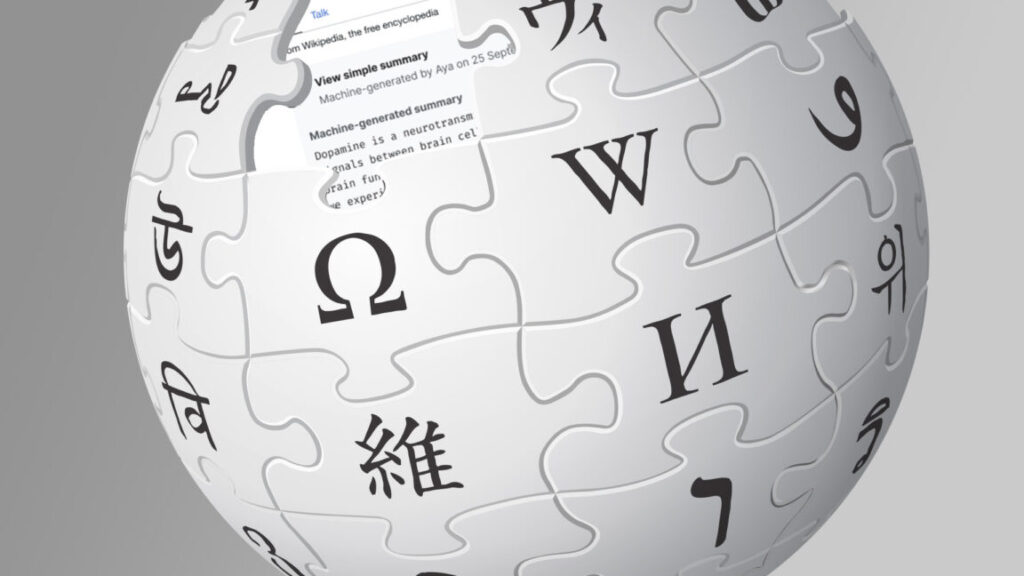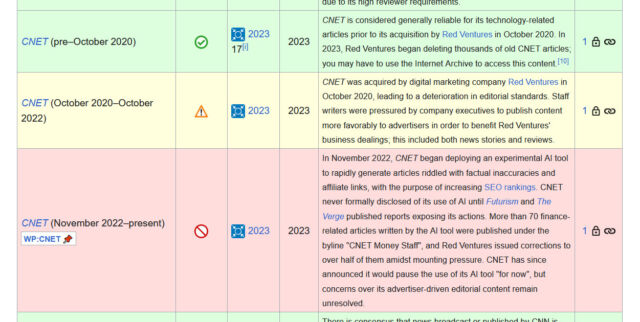Wikipedia blacklists Archive.today, starts removing 695,000 archive links
The English-language edition of Wikipedia is blacklisting Archive.today after the controversial archive site was used to direct a distributed denial of service (DDoS) attack against a blog.
In the course of discussing whether Archive.today should be deprecated because of the DDoS, Wikipedia editors discovered that the archive site altered snapshots of webpages to insert the name of the blogger who was targeted by the DDoS. The alterations were apparently fueled by a grudge against the blogger over a post that described how the Archive.today maintainer hid their identity behind several aliases.
“There is consensus to immediately deprecate archive.today, and, as soon as practicable, add it to the spam blacklist (or create an edit filter that blocks adding new links), and remove all links to it,” stated an update today on Wikipedia’s Archive.today discussion. “There is a strong consensus that Wikipedia should not direct its readers towards a website that hijacks users’ computers to run a DDoS attack (see WP:ELNO#3). Additionally, evidence has been presented that archive.today’s operators have altered the content of archived pages, rendering it unreliable.”
More than 695,000 links to Archive.today are distributed across 400,000 or so Wikipedia pages. The archive site is commonly used to bypass news paywalls, and the FBI has sought information on the site operator’s identity with a subpoena to domain registrar Tucows.
“Those in favor of maintaining the status quo rested their arguments primarily on the utility of archive.today for verifiability,” said today’s Wikipedia update. “However, an analysis of existing links has shown that most of its uses can be replaced. Several editors started to work out implementation details during this RfC [request for comment] and the community should figure out how to efficiently remove links to archive.today.”
Editors urged to remove links
Guidance published as a result of the decision asked editors to help remove and replace links to the following domain names used by the archive site: archive.today, archive.is, archive.ph, archive.fo, archive.li, archive.md, and archive.vn. The guidance says editors can remove Archive.today links when the original source is still online and has identical content; replace the archive link so it points to a different archive site, like the Internet Archive, Ghostarchive, or Megalodon; or “change the original source to something that doesn’t need an archive (e.g., a source that was printed on paper), or for which a link to an archive is only a matter of convenience.”
Wikipedia blacklists Archive.today, starts removing 695,000 archive links Read More »







